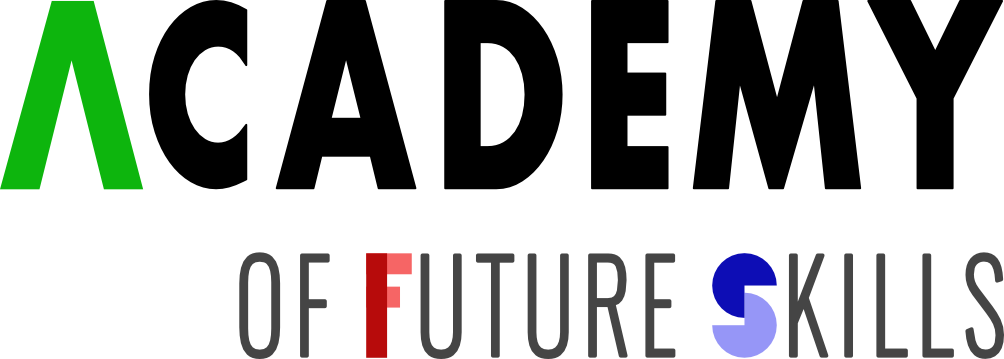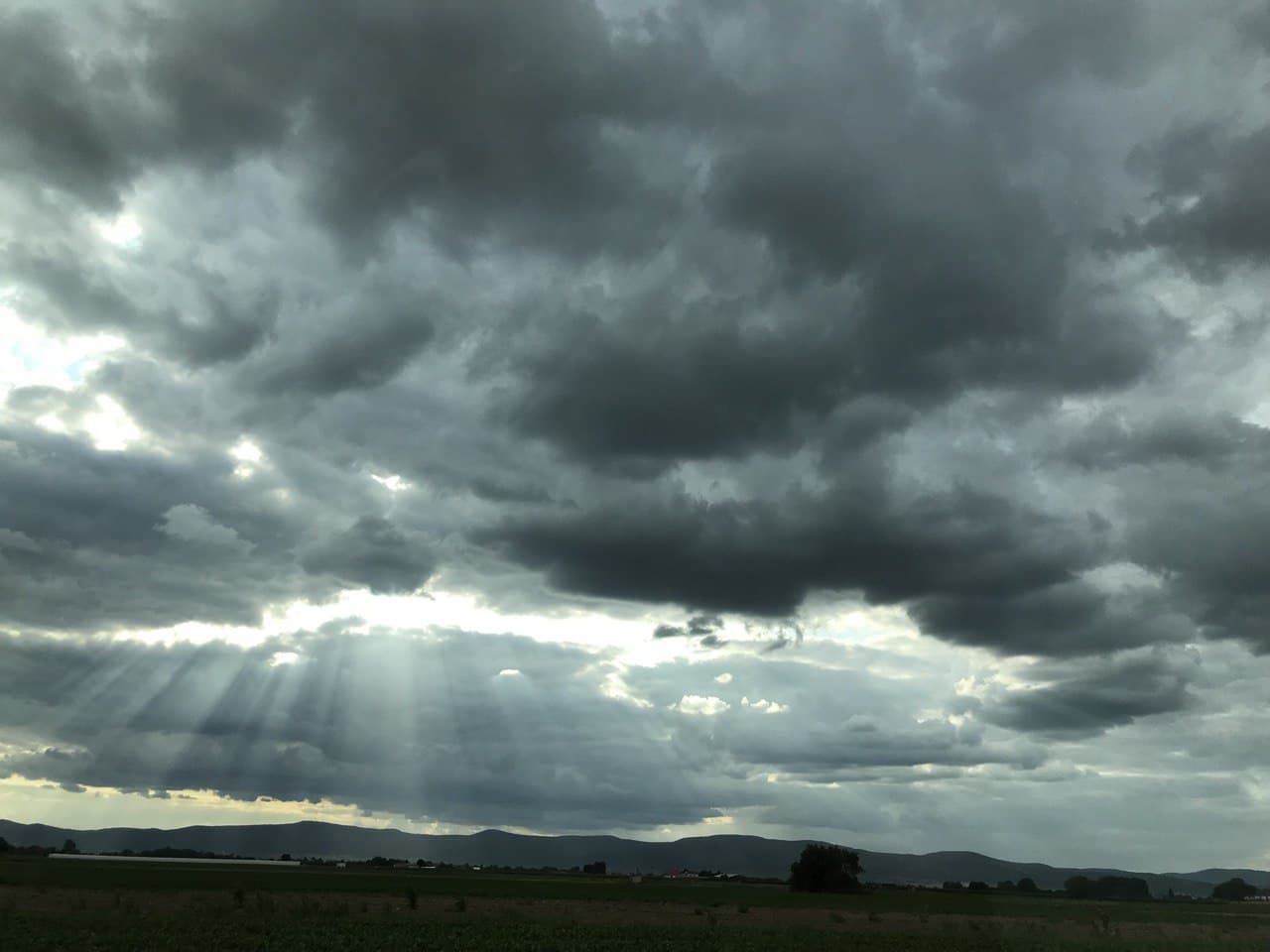I watched a TED talk lately. The British scientist Anil Seth used his time on stage to talk about the Neuroscience of consciousness. Consciousness, according to him, consists of two parts: the experiences of the world around us and our conscious self. We take in experiences with our senses who send electrical signals to our brain. That goes on processing the signals into perceptions. But can the brain see, hear, feel? No. So the brain makes educated guesses of what this feeling, that sound, that vision might be. This is how optical illusions work: They play with the fact, that our brain guesses – and sometimes these guesses are wrong.
But how does the brain come up with guesses? This is where our conscious self comes in. Perception comes as much from without, the sensory input, as from within, our best guesses so far. And then he said this: “In fact, we’re all hallucinating all the time, including right now. It’s just that when we agree about our hallucinations, we call that reality. “
And I was quick to think “Wait a second…” I was totally ready to fight him to the ground in my head. But what about facts?, I thought. What about science? Then I suddenly lost my battle armor and collapsed like a soufflé …
I consider myself being part of the more neurodiverse group of humans living on the planet. How my brain works, thinks, comes to conclusions is not necessarily how other people get there. I need to know exactly all the dots included in the game. Otherwise, things “just don’t make sense to me”. I consider this a superpower. For two reasons: First, I am intrinsically and endlessly curious to figure out the whole chess game. Second it also allows me to look at the world from a different angle. I would say that is what makes me a good consultant and coach.
Why is that? Well, I perceive the world differently than most humans. And this realization is exactly where the armor fell. Because what I was just getting ready to fight against is exactly the thing that makes me so good in what I do. I had a hard time, as a kid and teenager to fit in. I still did not fit in when I became an adult, but I didn’t try so hard anymore. Still, I was great at justifying what I did and why I did it. So, when I heard Anil Seth’s talk, my first instinct was to fall back exactly to that experience, that filter. But what changed my mind?
When perception is created in the brain, whose constant work it is to filter unnecessary information, then our understanding of reality also results from our different filters. Our perception defines how we experience things. But also, experience shapes our filters. And our experiences make up our future actions. So, what I agreed to do when I justified myself was to agree to a totally different point of perception. While most of the world is not willing to open up their minds to other forms of perception, they instead ask us to narrow down ours. When we have a unique perception, it’s called hallucination. When we have a set of overlapping perceptions it’s called reality.
So, what am I saying here? Am I finally admitting I am crazy and mad? Or am I changing sides, and do I agree that conspiracy theorists are right to believe in what they believe? Well, not exactly. Let me get on a short side note on conspiracy theories: We are indeed fast to condemn conspiracy theorists as the crazy mad people who go around not believing what we as a collective have deemed reality. But the difference lies in what these people deem “not real”.
I do strongly agree with science and the way science works. Scientists say they have found evidence by testing hypotheses over and over again and a certain theory has been proven right. This is what we consider a fact. And the scientific community also has agreed to consider facts as such, but just as long as somebody improves the theory or proves it wrong. Science does not claim a fact to be right 100% of the time or forever once proven right. It is just a fact under all the knowledge humankind has available at this point in time. Conspiracy theorists scratch at that very basis of our scientific belief. Which has nothing to do with a different perception, but with not believing in facts.
In fact, scientists have already successfully experimented with the hypothesis that there can be more than one reality. In the world of physics, a reality is defined as a state where universal facts exist and where observers can agree that they exist. With experiments in the field of quantum mechanics, scientists could show that these prerequisites could hold true for more than one event at the same time. Both events could coexist. Reality is now based on the viewpoint. Agreeing on one objective reality could be a concept of the past very soon. But what makes up reality then?
So back to the topic of consciousness. I am not immune to the reaction to judge my perception as the only one that could possibly hold true. The fact that I wrote this article as I did is proving that I am not. Otherwise, I wouldn’t have anything to write about. But what I am indeed saying here is that we should open up our thinking to different forms of perception. Perception, following the Cambridge Dictionary definition, is “an awareness of things through the physical senses”. And as science knows by now, we all perceive things differently. We see colors differently, we label smells differently, we have differently developed senses of tase, we feel things differently. When talking, comparing, finding agreements of perceptions, we blur out a great deal of input.
The information doesn’t fully get into our system. We are in a state of Not Knowing. The good news is: Everybody is in that state of Not Knowing. The bad news is: Not everybody admits that. When we admit that our perception might be flawed it makes us vulnerable and it can be uncomfortable. But it gives us a chance to be open for other perceptions. How can we complete the picture we have in our heads? How will we change it?
If we listen to other perceptions, we open ourselves up a whole new world of sensations, experiences and realities. Yes, plural realities. Maybe there really is no such thing as objective reality and we have to get comfortable in the discomfort of different viewpoints. Anil Seth ends his talk with the following statement: “With a greater sense of understanding comes a greater sense of wonder, and a greater realization that we are part of and not apart from the rest of nature. There’s nothing to be afraid of. Nothing at all.”

